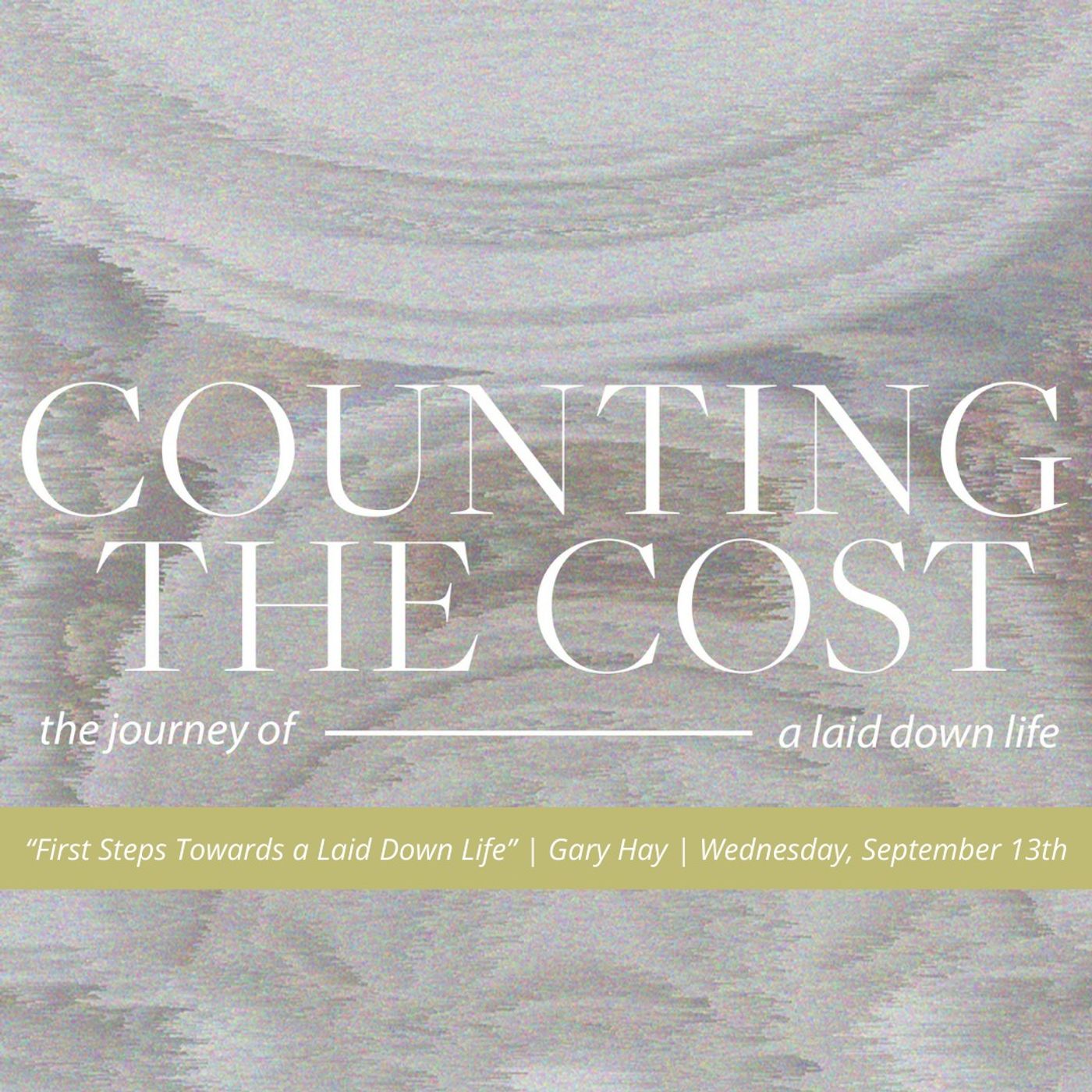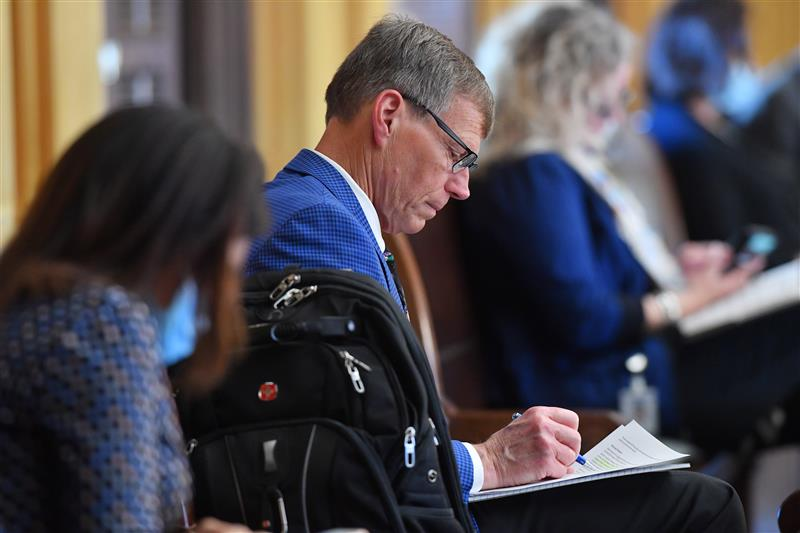- After-Shows
- Alternative
- Animals
- Animation
- Arts
- Astronomy
- Automotive
- Aviation
- Baseball
- Basketball
- Beauty
- Books
- Buddhism
- Business
- Careers
- Chemistry
- Christianity
- Climate
- Comedy
- Commentary
- Courses
- Crafts
- Cricket
- Cryptocurrency
- Culture
- Daily
- Design
- Documentary
- Drama
- Earth
- Education
- Entertainment
- Entrepreneurship
- Family
- Fantasy
- Fashion
- Fiction
- Film
- Fitness
- Food
- Football
- Games
- Garden
- Golf
- Government
- Health
- Hinduism
- History
- Hobbies
- Hockey
- Home
- How-To
- Improv
- Interviews
- Investing
- Islam
- Journals
- Judaism
- Kids
- Language
- Learning
- Leisure
- Life
- Management
- Manga
- Marketing
- Mathematics
- Medicine
- Mental
- Music
- Natural
- Nature
- News
- Non-Profit
- Nutrition
- Parenting
- Performing
- Personal
- Pets
- Philosophy
- Physics
- Places
- Politics
- Relationships
- Religion
- Reviews
- Role-Playing
- Rugby
- Running
- Science
- Self-Improvement
- Sexuality
- Soccer
- Social
- Society
- Spirituality
- Sports
- Stand-Up
- Stories
- Swimming
- TV
- Tabletop
- Technology
- Tennis
- Travel
- True Crime
- Episode-Games
- Visual
- Volleyball
- Weather
- Wilderness
- Wrestling
- Other
Slouching towards Utopia, with Brad DeLong
For most of our ten thousand years on the planet, the vast majority of humanity endured lives of dire poverty and extreme material deprivation. Most people spent most of their time worrying about securing the bare minimum of food and shelter. The Industrial Revolution began to change that dynamic. Still, the British economist and philosopher John Stuart Mill was correct to question in the early 1870s whether “all the mechanical inventions yet made have lightened the day’s toil of any human being.” Soon after, however, the emergence of globalization, the industrial research laboratory, and the modern corporation made possible a rapid upward trajectory in human flourishing and an end to near-universal agrarian poverty. Another British economist, John Maynard Keynes, foresaw in 1930 that the continued progress of science and compound interest could mean that human beings, liberated from pressing economic cares, might find their real challenge to be how to occupy their leisure time and “live wisely and agreeably and well.” But the explosion of productivity and prosperity over the 140 years that followed the takeoff point in 1870 did not see humanity zooming toward Utopia; at best, we slouched fitfully in that direction. Brad DeLong, an economics professor at the University of California at Berkeley, has written a much-anticipated history of what he calls “the long twentieth century” from 1870 to 2010, entitled Slouching Towards Utopia: An Economic History of the Twentieth Century. In it, he explains how we achieved economic breakthroughs that once would have been considered miraculous — and yet fell short of what that breakthrough promised. And DeLong also explains why he believes that the era of remarkable prosperity, for all its problems and inequities, has now ended. In this podcast discussion, Niskanen’s Brink Lindsey and Geoff Kabaservice talk with DeLong about why the material abundance that resulted from the great acceleration after 1870 was unevenly distributed between nations and within them, why developmental social democracy failed its sustainability test, and how the long twentieth century was in a sense a contest between the ideas of the towering thinkers Friedrich Hayek and Karl Polanyi. The discussion also covers differing perspectives on “the neoliberal turn,” speculations about how to benefit from the best aspects of neoliberalism and social democracy while avoiding their pitfalls, and a hypothesis as to why capitalism is like the brooms in “The Sorcerer’s Apprentice.”













